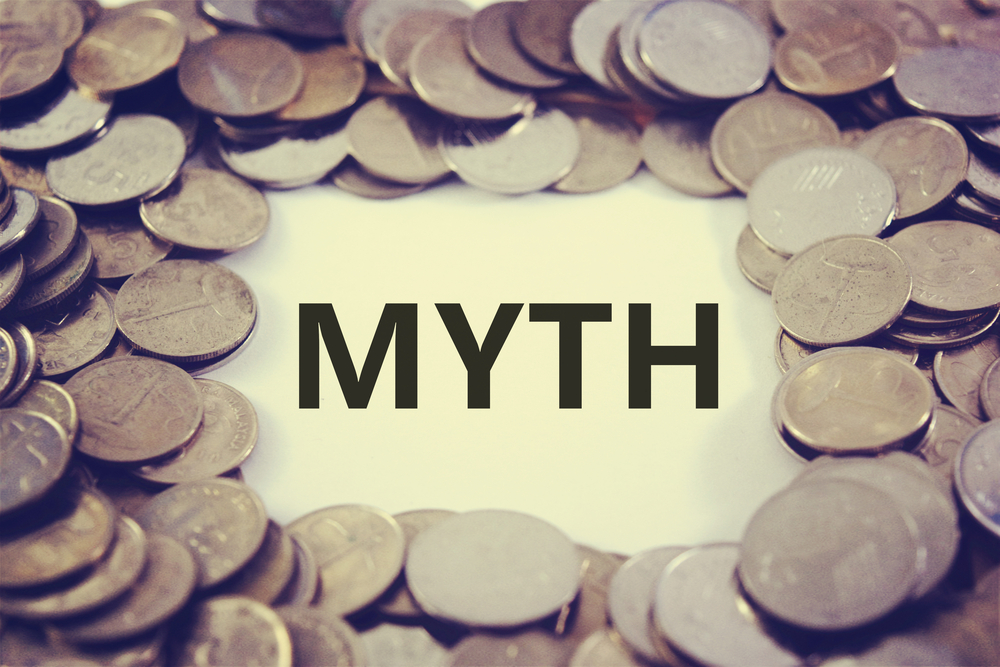The Real Deal With Hard Money Lenders
A lot of people who want to move into the property investment market will soon find that they would like to know about hard money lenders. They don’t really know who they are, where to find them, whether the conditions of their loans are suitable, and so on. If this you, it’s important to learn to understand all you can before making important financial decisions.
What Is Hard Money?
The first thing to understand is the concept of hard money.
Hard money lenders (HMLs) are typically private individuals or small groups that lend money (Hard money) based on the property you are buying, and not on your credit score.
Soft money is often hard to be accepted for, but it has flexible terms and it is very affordable. Hard money, on the other hand, is easy to obtain but it comes with restrictive rules and is more expensive because it has higher interest rates. Furthermore, soft money usually comes from financial institutions, whereas hard money comes from private investors. This is also why the hard money loan is more expensive and restrictive because people are investing their own capital.
Hard Money Lending Terms and Conditions
Because hard money lenders are often private individuals, they can set their own terms and conditions for the loan. In the past, it was based solely on the fair market value of the property, but many now also want additional equity. Hence, while they have different acceptance criteria when compared to banks, they do have very strict criteria as well.
It’s therefore common for private lenders such as hard money lenders to issue loans based on LTV for a property in good condition and loans based on ARV for a property in poor condition. Purchase hard money loans are based on LTV while rehab loans are based on ARV.
The ARV is the After Repair Value and hard money lenders usually loan no more than 70% of that. What this means is that, in some cases, you may be able to borrow more than the purchase price of the property as well as additional money to repair it, because the ARV is so much higher than the purchase price.
In return for this, however, you can expect to pay a higher interest rate. Usually, the interest rate is between 12% and 20% per year and you can take out these loans for a duration of six months to five years. The interest rate will usually depend on your experience as a home investor and on your credit score. Additionally, you will have to pay a number of fees and closing costs, generally from two to 10 points, in order to be able to access this type of money.
The Pros and Cons of Hard Money Lenders
One of the key benefits of a hard money loan is that the decision-making process is incredibly quick. When an investment opportunity arises, it is vital that you move fast, or someone else will snap it up. This is why you have to build relationships with hard money lenders so that you never miss out.
A big disadvantage, however, is that most hard money loans come with a pre-payment penalty.
If the borrower decides to prepay the loan, the lender will issue a prepayment quote based on this principal sum. The sum may be as large as the entire initial loan. Despite years of payments toward the debt, the borrower has paid off only the interest and failed to actually gain equity in the property.
Applying for a Hard Money Loan
When you apply for your first hard money loan, you will usually have to supply quite a bit of information. This includes your income tax returns, your W-2s, your pay stubs, bank statements, and more. This is because lenders want to make sure that their assets are properly protected. That being said, there are still hard money lenders out there who care little about your financial background and are interested solely in the ARV of the property you want to invest in.
Is a Hard Money Loan Right for You?
A key question to ask is whether or not a hard money loan is right for you. If you are a new investor and you don’t have a lot of money behind you yet, or if you have a poor credit rating, you may not qualify for traditional loans. If you need money in a hurry, then private loans are also much more appropriate. Even if you have a good credit score and a high down payment, it will still take at least 30 days for a bank to accept your application, in which time the deal could have gone to someone else.
Hard money is incredibly creative. While you are technically restricted by how much you can borrow and how that relates to the value of the property, the fact that lenders are happy to consider the ARV of the property means that you can often borrow without having to put anything down.
Finding Hard Money Lenders
Last but not least, you need to know where to find these lenders. They can be found in various states across the country. Indeed, it could be that someone in your immediate social circle is a hard money lender. Real estate agencies and title companies can often refer to you as well. Make sure that you compare the different options that are out there until you find a lender that meets your needs. Because a hard money loan is a very serious financial commitment, you should make sure that you get the best deal available. Hence, make sure to consider interest rates and prepayment penalties.
The above provides an overview of what a hard money loan is and how it works. This should empower you to make educated decisions in terms of whether or not the solution is right for you. Once you have worked with a hard money lender and you have both been happy with the transactions, then you may have a lending partner for life, meaning you can move on to other investments over time.
.center_container #informationFacilitiesContainer h1 { color: !important; }.tms-card-container h2, #categoryFacilitiesContainer h2 { color: !important; }.tms-button { background-color: !important; }.center_container #categoryFacilitiesContainer #categoryCardContainer .col .card-title { color: !important; }.pagination-container .pagination li a { color: !important; }.center_container #browsingFacilitiesContainer h1 { color: !important; }.center_container .tms-card-container #facilityCardContainer .card-title { color: !important; }browsingFacilitiesContainer html a { color: !important; }.qa-decor-border-red { border-bottom: 3px solid !important; }















